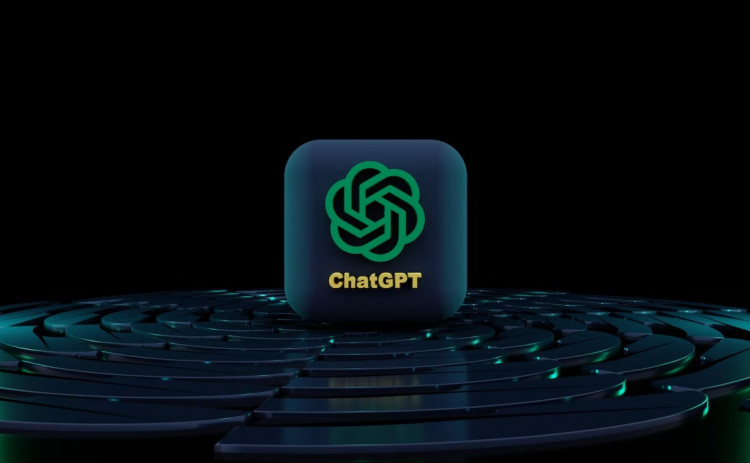As the digital landscape bristles with anticipation, OpenAI is reportedly poised to unveil a new AI-driven search product on Monday, potentially reshaping the search engine market currently dominated by Google. This strategic timing-a day before Google's annual I/O conference-suggests a bold move by OpenAI to stake its claim in the highly competitive search domain.
According to Reuters, sources familiar with the matter have indicated that this new product is a significant enhancement of OpenAI's flagship ChatGPT, integrating direct web information fetching capabilities with citation features. This development not only broadens the functionality of ChatGPT but also marks a crucial step in its evolution from a mere conversational agent to a comprehensive informational tool.
The announcement seems to be part of a broader initiative by tech giants to refine the accuracy and trustworthiness of online information in the era of generative AI. Prabhakar Raghavan, head of Google Search, underscored the importance of trust in AI-driven platforms, stating in a meeting reported by CNBC, "People come to us because we are trusted... They may have a new gizmo out there that people like to play with but they still come to Google to verify what they see there because it is the trusted source."
However, OpenAI's ambitions don't stop at merely enhancing ChatGPT. Bloomberg and The Information have also hinted at collaborations and technological integrations, including a potential partnership with Microsoft's Bing, to power this new search service. Such alliances could offer OpenAI a competitive edge, leveraging existing infrastructure to accelerate deployment and adoption.
Simultaneously, OpenAI is reportedly making aggressive recruitment efforts, particularly targeting Google's talent pool, to bolster its capabilities in the search engine arena. This tactic highlights the intense competition and strategic poaching prevalent within the AI industry.
Adding to the competitive landscape is Perplexity, a $1 billion start-up founded by a former OpenAI researcher. Perplexity has already made waves in the AI search space, boasting 10 million monthly active users as of January, thanks to its innovative AI-native search interface that displays citations and images, as noted by sources.
The race to dominate the AI-enhanced search market is not just about technological superiority but also about capturing and retaining user trust. OpenAI's launch appears to be a direct challenge to Google's supremacy, coinciding deliberately with the eve of Google's I/O event, perhaps as a strategic move to capture maximum industry attention and disrupt Google's narrative.
Google continues to grapple with legal and regulatory challenges, including a significant antitrust case concerning its search dominance. These challenges underscore the broader market dynamics where established giants are continually pushed by innovative upstarts like OpenAI.






